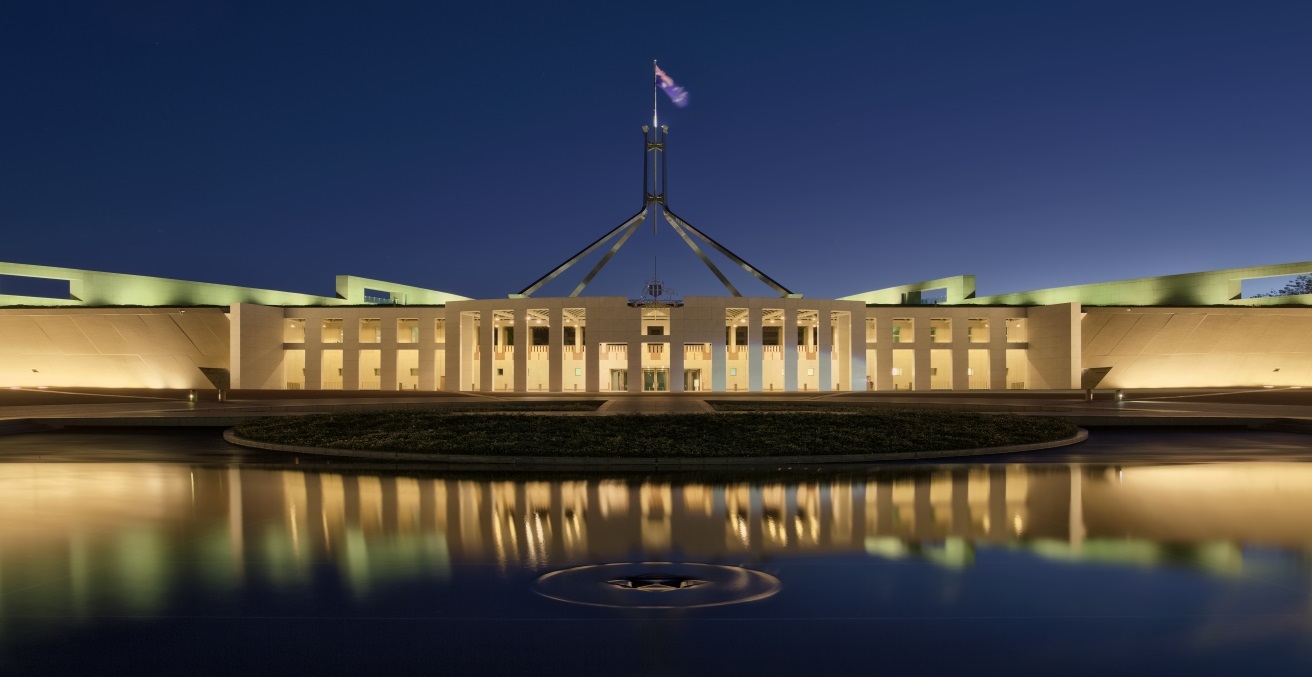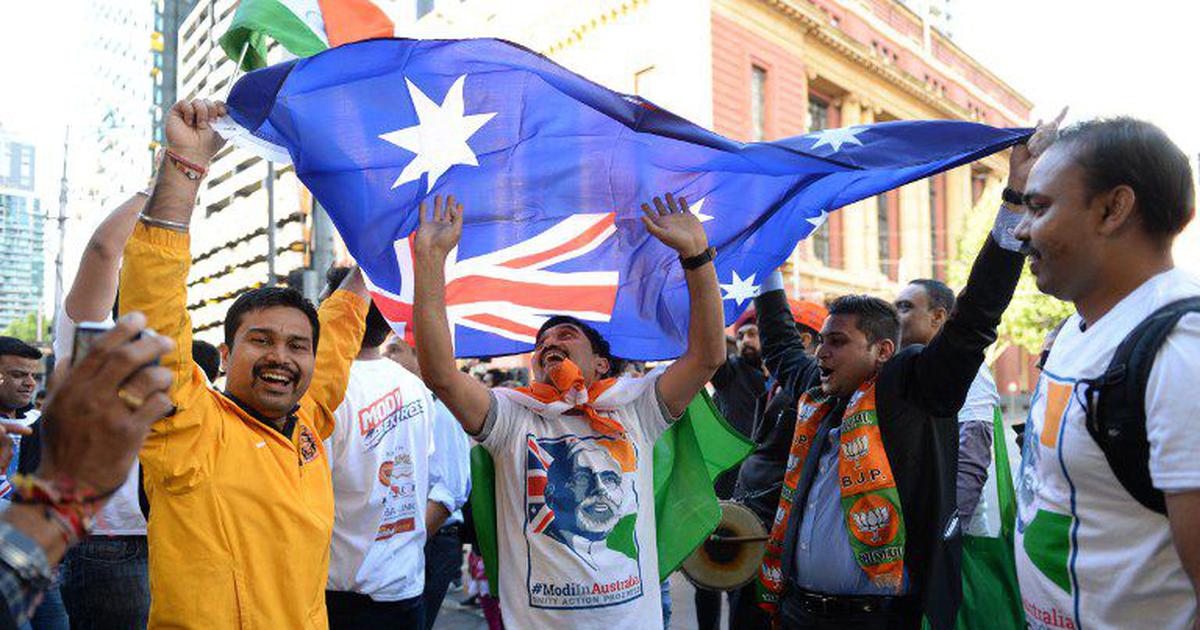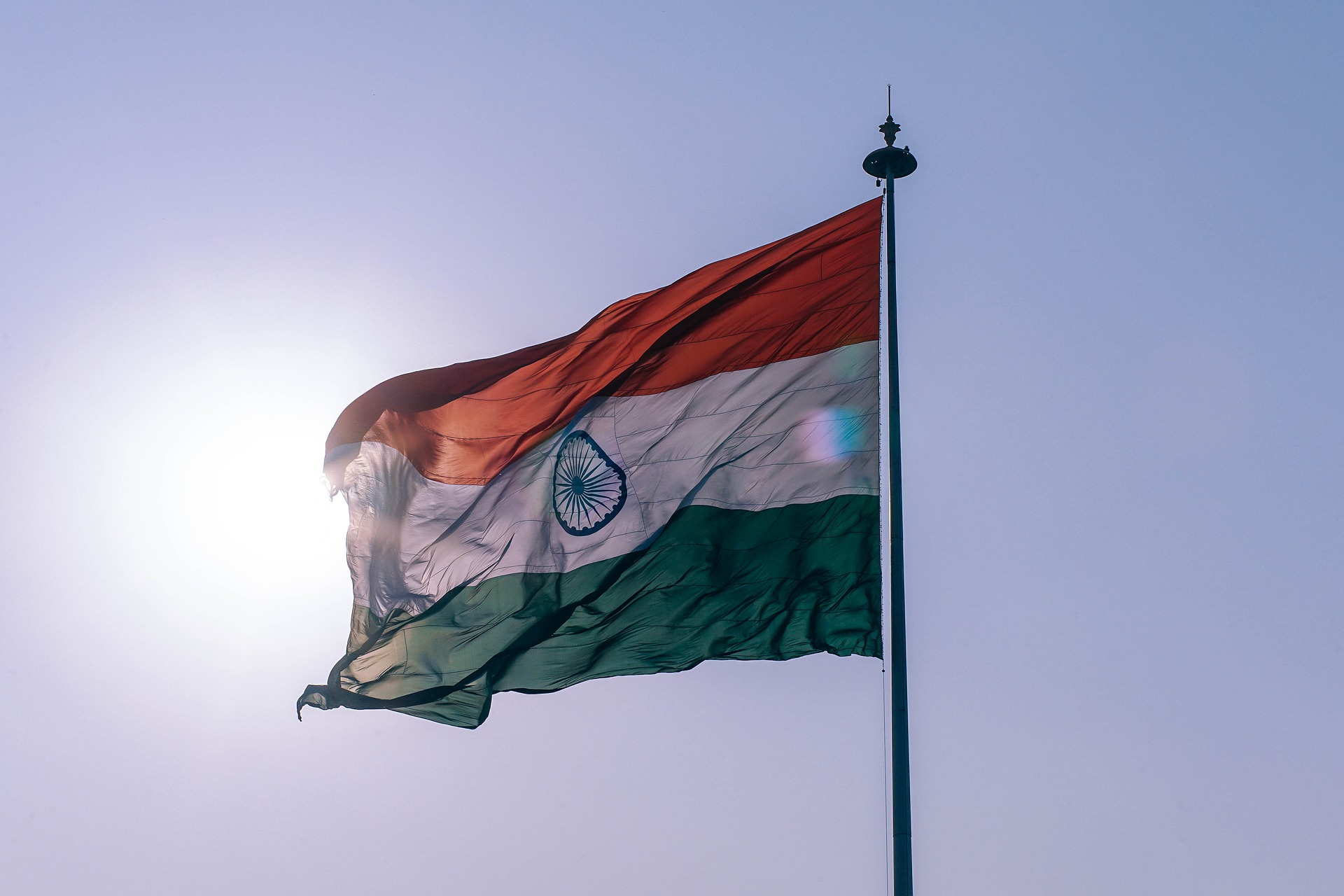Indonesia will be severely impacted by climate change should carbon emissions continue at present day levels. The disastrous fires across the archipelago in recent months highlight the importance of greater Indonesian leadership in this space.
Former President Yudhoyono introduced policies designed to reduce Indonesia’s emissions however current President Widodo has reversed a number of Yudhoyono’s decisions since he came to power. Indonesia’s most recent presidents have failed to adequately address climate change domestically, despite some positive developments.
Climate Change in the Indonesian Context
Climate change will have a severe negative impact in Indonesia. It is likely to increase water scarcity and crop failure, destroy coral reef systems, increase the intensity of extreme weather events and threaten low-lying islands and coastal populations.
In 2014 Indonesia ranked 6th globally in terms of total GHG emissions. It received a “poor” rating and ranked 34th in the world in the 2014 Climate Change Performance Index, which rates countries on their climate policy and emissions reductions.
Over half of Indonesia’s emissions come from land use change and forestry sources, such as deforestation and peatland burning. The recent fires have caused Indonesia’s daily emissions to spike higher than those of the US.
Climate Policy in the Yudhoyono Era
Yudhoyono sporadically made attempts at international leadership on climate change, as in his active involvement in the success of the 2007 Bali Climate Change Conference. His announcement of Indonesia’s significant emissions reduction targets at the 2009 G20 Summit remains in place today: a 26 percent reduction on “business as usual” levels by 2020, or 41 percent subject to international support. This enthusiasm dropped away during Yudhoyono’s second term.
Domestically Yudhoyono took promising action, establishing the National Climate Change Council in 2008 to oversee the development and implementation of Indonesian climate policy. New environmental protection legislation was introduced in 2009, and Yudhoyono oversaw the start of the UN REDD+ (Reducing Emissions from Deforestation and Forest Degradation) initiative. These actions generated initial optimism, but implementation was poor.
Research in the Nature Climate Change journal has found that the deforestation rate doubled to approximately two million hectares per year during the Yudhoyono presidency. The rate of primary forest loss steadily increased between 2000 and 2012. Between 2005 and 2012, 47,950km of forest was lost, representing a 2.6 percent reduction in total forest cover.
Looking at general trends, Indonesia’s green house gas emissions rose steadily during Yudhoyono’s tenure. CO2 emissions increased from 340,000kt in 2005 to over 500,000kt in 2011.
Yudhoyono had good intentions, but achieved little in terms of concrete results. Indonesia’s performance in fact worsened on a number of key indicators during his presidency, including CO2 emissions and forest loss.
Widodo as Environmental Protector or Villain
Many had high hopes for Jokowi when he took office in late 2014. He immediately cut financially burdensome fuel subsidies and made clear his intentions to reform forest management and crack down on illegal logging. This initial rhetoric has disappointingly not led to positive policy outcomes.
Widodo has merged the Department of Environment and the Department of Forestry into one administrative body. The National Climate Change Council (NCCC) has been dismantled. The REDD+ agency has also been closed. The activities of both are now subsumed under the Climate Change Oversight Directorate-General within the new department. This loss of independence for the REDD+ agency and the NCCC is troubling; without direct reporting to the president – and with the influence of department heads, minsters and the interests of those in forestry – action on climate change could lose out to other interests. This action represents the erasure of two of Yudhoyono’s better achievements. Widodo has extended the primary forest moratorium, but the policy contains the same loopholes and weaknesses of the Yudhoyono years.
Indonesia must build the domestic credentials necessary to be considered a respected and capable player before it can lead on climate change. Leading ANU academic Frank Jotzo suggests that a domestic regulatory and omissions-reduction framework is lacking.
International action and COP 21
Internationally, Widodo has made no indication that he will take a leading role. Indonesia’s Intended Nationally Determined Contribution (INDC), released in September 2015, maintains the 26 percent reduction target on business as usual emissions by 2020, but sets the 2030 target at only a 29 percent reduction against business as usual, with a conditional target of 41 percent subject to international support. Climate Action Tracker demoted Indonesia to an “inadequate” rating following the release of its INDC, citing a lack of detail and no clarification of the policy instruments to be used to achieve the proposed targets, especially regarding deforestation.
After earlier concerns that Widodo would not attend, the Indonesian President delivered his five-minute speech on the opening day of COP 21 in Paris. He used the occasion to stress that ‘Indonesia is here…as part of the solution’. Widodo cited increased use of renewables and continued reductions in fuel subsidies as strategies towards achieving Indonesia’s INDCs. He announced the establishment of a Peatland Restoration Agency and a moratorium on the clearing of peatlands in order to better address emissions from peatland fires. As with Widodo’s earlier initiatives, it is the implementation and results – rather than rhetoric – that must be assessed.
Widodo also stressed the importance of leadership from the developed world on climate finance and support for the developing world. He called for a $100bn contribution from developed countries by 2020 to support developing countries in climate change mitigation and adaptation. This statement reaffirms Widodo’s belief in the common but differentiated responsibilities of the parties. The Paris agreement must not hamper the development of developing countries, he said.
Addressing climate change requires state-wide reform and effective enforcement mechanisms. Indonesia currently lacks the capacity to enforce its environmental laws and the country will continue to struggle to address this issue as things stand. Widodo’s recent policy decisions do not inspire confidence in his ability to instigate reform and lead Indonesia forward to a lower-carbon economy. Widodo needs to deliver on enforcement and achieve results, but his initial actions do not augur well for Indonesia.
Sebastian McLellan is a recent graduate of the Master of International Relations program at the University of Melbourne. He volunteers as the Events Officer at the Victorian Chapter of the Australia-Indonesia Youth Association and is a former intern of the Australian Institute of International Affairs National Office. This article has been adapted from an article by Sebastian in the Australian Institute of International Affairs Quarterly Access.




